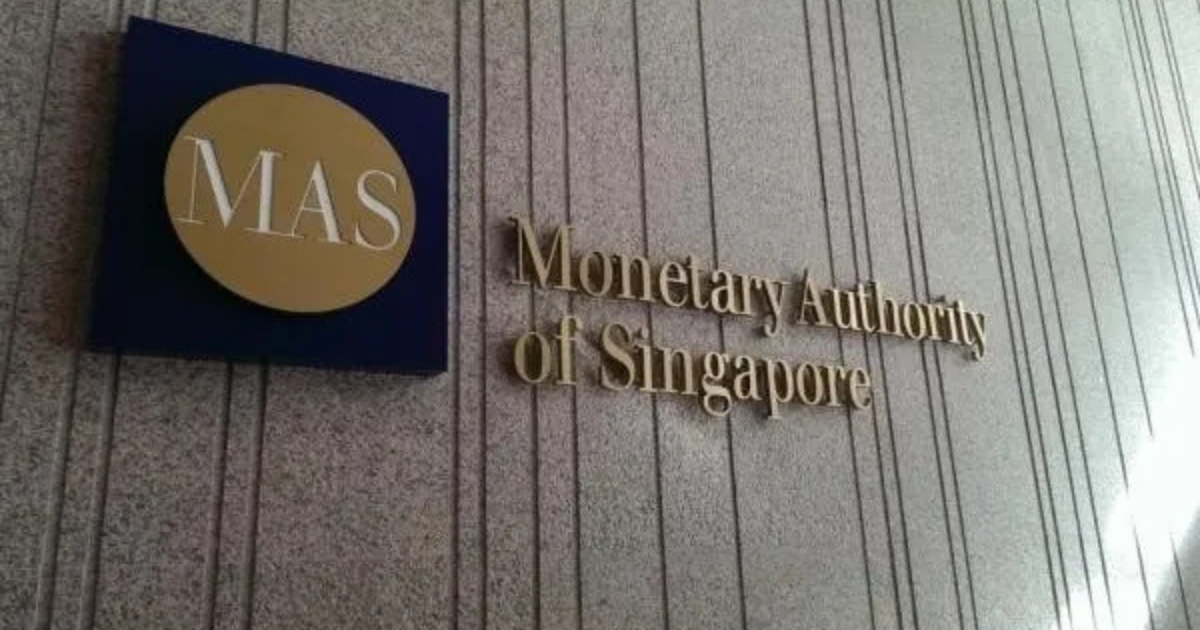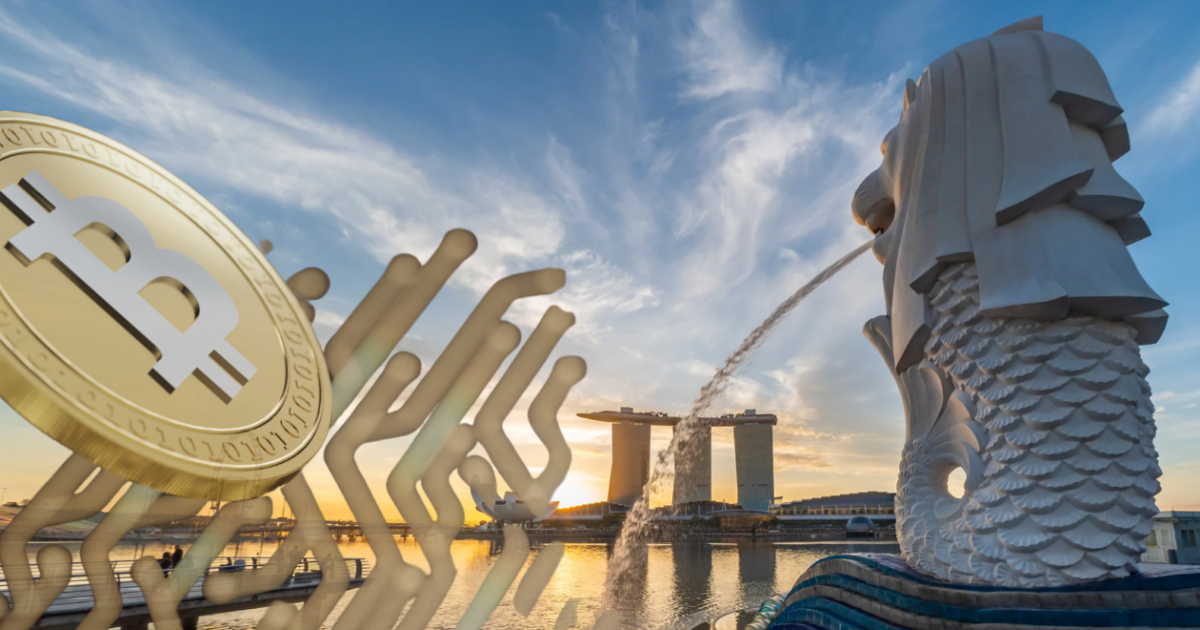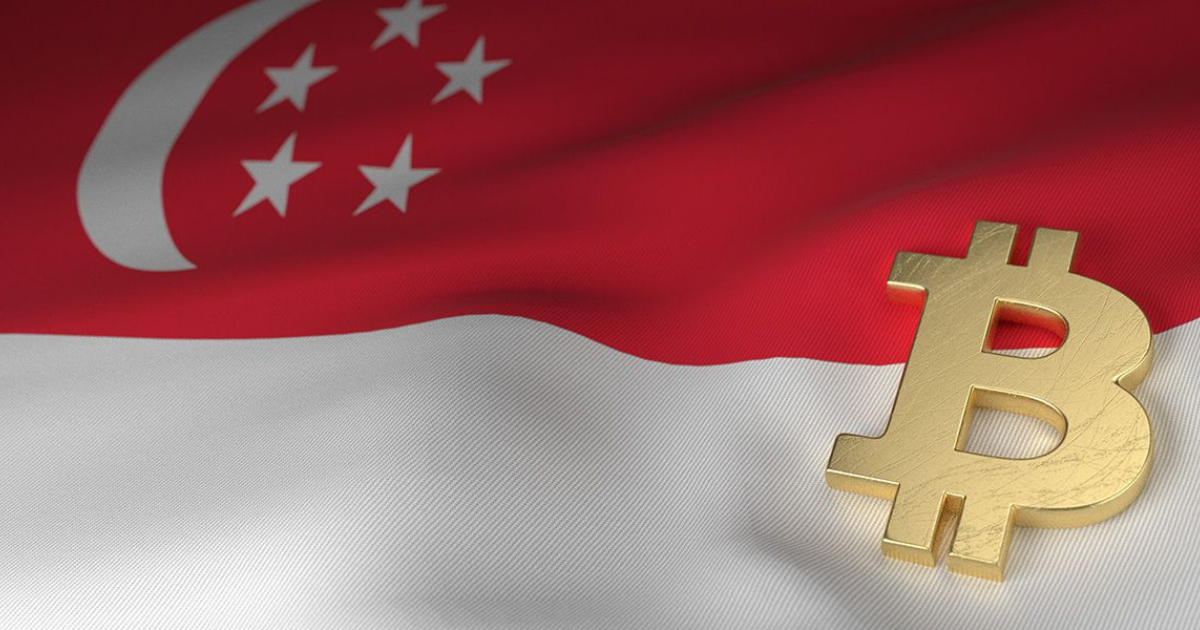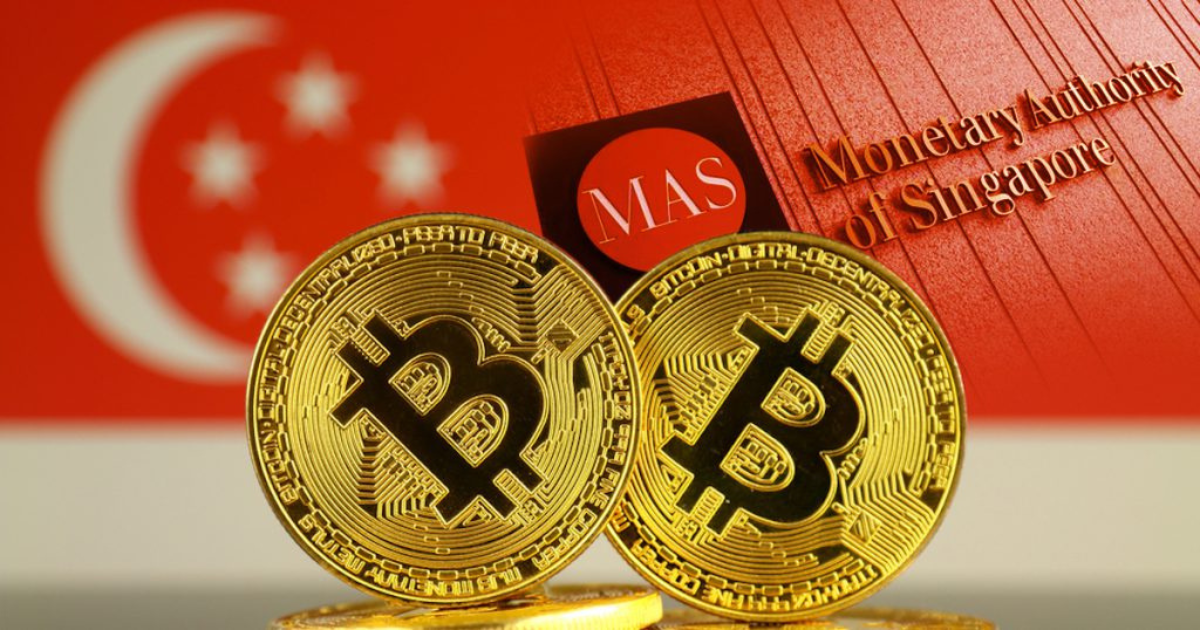The unregistered crypto exchanges in Singapore have been given an immediate deadline of shutting down businesses since the Monetary Authority of Singapore (MAS) gave them a final warning on June 6, 2025.
The crackdown on digital asset platforms by the regulators aims at those that have been carrying on business without the necessary license, as a result of which, the key industry participants are rethinking their business in the region.
Key Takeaways:
- On June 6, 2025, MAS sent out a final warning that demanded unregistered crypto exchanges to close by June 30
- The regulatory pressure is likely to undermine the position of Singapore as a crypto hub to the advantage of competing jurisdictions
- The legal ambiguity concerning the concept of offshore services poses compliance problems to targeted platforms
Big Exchanges Plot Strategic Withdrawals

According to the Bloomberg report, the unregistered crypto exchanges are required to halt all operations before June 30, 2025, and they will be given no grace period. On June 6, MAS clarified its stand, saying that it would only grant licenses approvals in “very exceptional circumstances” before the deadline.
Two large unregistered crypto exchanges, Bitget and Bybit, which are among the global leaders in terms of trading volumes, are already leaving Singapore with an exit plan. The sources reported that Bitget is looking to transfer Singapore-based employees to other locations such as Dubai and Hong Kong, with Bybit examining comparable organizational restructuring.
These unregistered crypto exchanges are operating under huge risk because MAS explicitly goes after companies that operate front-office activities like sales and client services in Singapore but offer their services to overseas customers. The regulatory burden falls on firms that have large groups in the city-state even though they are mainly offshore.
Arthur Cheong of DeFiance Capital pointed out that hundreds of unregistered crypto exchanges currently employ hundreds of staff in Singapore, so the number of potential job losses is significant.
ChainArgos general counsel Patrick Tan labeled the circumstance as being “nearly as good as an evacuation process” due to the extreme repercussion on unregistered crypto exchanges that predominantly operate offshore.
Impact in the Industry in Singapore

Impact in the Industry in SMAS asserts that it had continuously made it clear over the years on what it expected of unregistered crypto exchanges. The authority claimed that such regulatory measure does not come as a surprise to the industry because on many occasions warning bells have rung against unlicensed service providers.
Although MAS states that only a “very small” number of providers will be impacted, the ramifications of the unregistered crypto exchanges go past immediate shutdowns. The crackdown causes uncertainty to platforms which are in the gray areas of regulation causing them to decide whether their existing operations are within the licensing provisions in Singapore.
Crypto analyst Lana Yang describes this strategy by Singapore against unregistered crypto exchanges as regulatory whack-a-mole because it may cause activity to move to other countries, but does not prevent crypto trading altogether. According to this point of view, unregistered crypto exchanges will merely transfer, instead of shutting down entirely.
What it Means for the Crypto Hub Status in Singapore

The tough approach toward unregistered crypto exchanges can spoil the image of Singapore as one of the most prominent digital asset ecosystems in the Asian region. Although the city-state is home to authorized giants, such as Coinbase and Crypto.com, the ongoing crackdown may push innovation and investment in rival jurisdictions with more certain regulatory regimes.
Hong Kong and Dubai can be considered the main beneficiaries of the restrictive Singaporean attitude to unregistered crypto exchanges. And these jurisdictions are actively competing with each other by offering more accommodative regulatory frameworks to the crypto businesses, which may soon attract the displaced businesses and its workforce.
The reserved stance of Singapore is due to the experience of the 2022 crypto market crash, when some of the most notable collapses highlighted the regulatory loopholes. Nonetheless, the recent actions against unregistered crypto exchanges can become counterproductive in case they force the legitimate business to move to more crypto-friendly governments.
As legal analysts observe, the absence of a clear definition of what offshore services are in the case of unregistered crypto exchanges may create confusion and case-by-case regulatory attention. This ambiguity makes compliance strenuous to platforms that seek to know what they are licensed to do.
Conclusion

Singapore’s unregistered crypto exchanges have been given a harsh regulatory deadline by MAS, forcing them to make hasty compliance or relocation plans. That is why some of the big platforms are simply relocating instead of having a long licensing process. Its long term effect will depend on the reaction of the global markets to this move.











